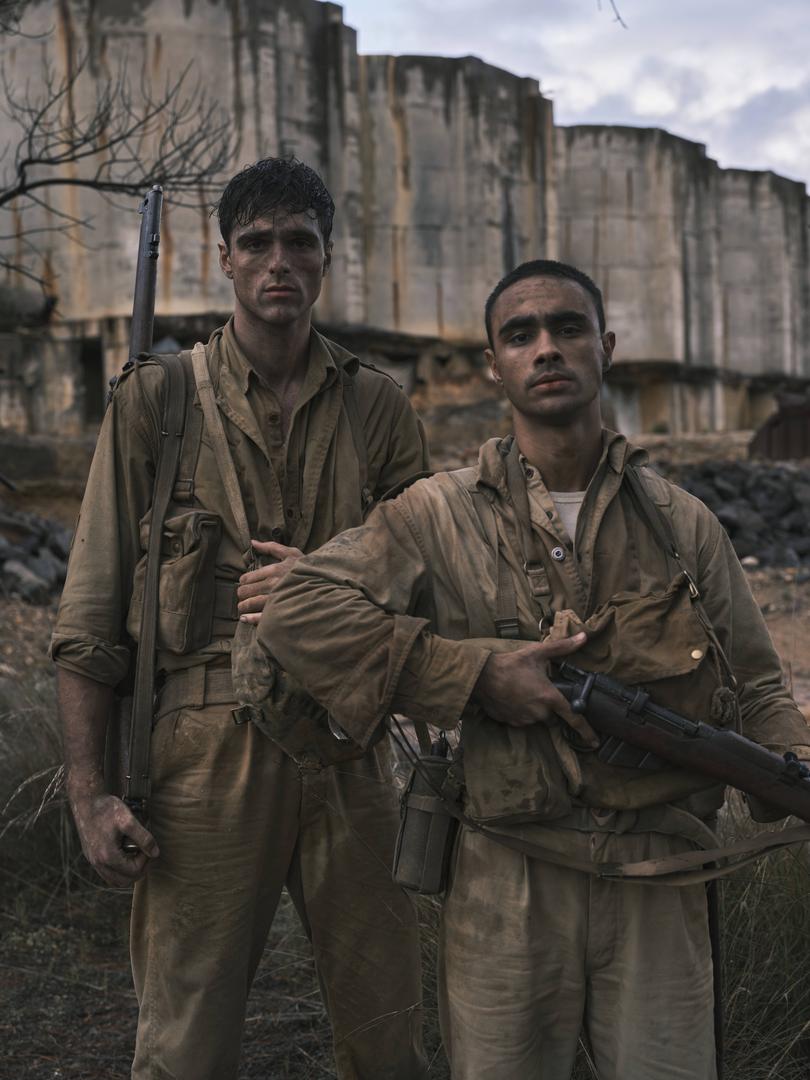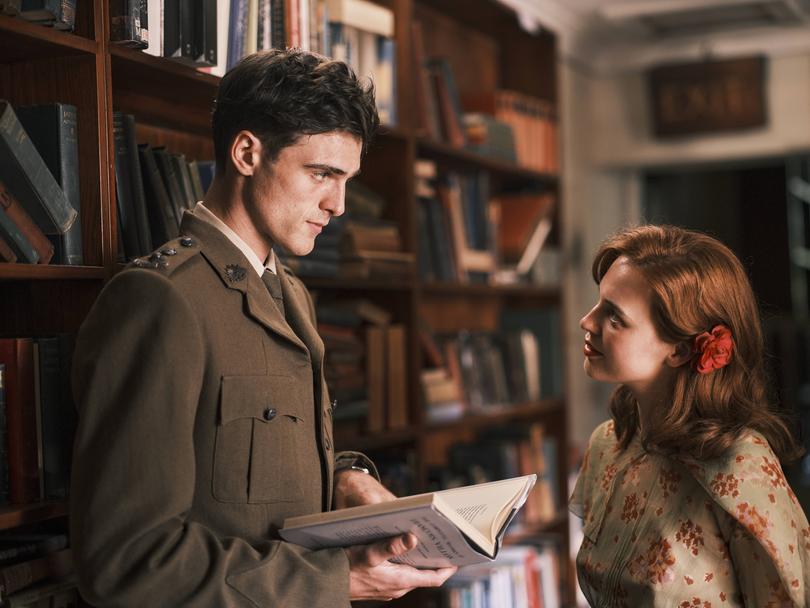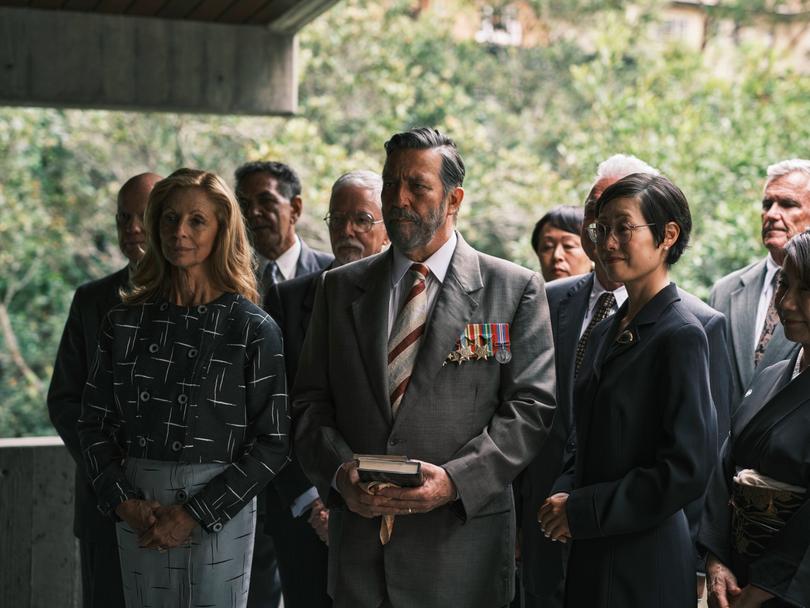Narrow Road to the Deep North review: Superb Justin Kurzel and Jacob Elordi drama provokes questions
Jacob Elordi and Ciaran Hinds are both wonderful in Justin Kurzel miniseries, The Narrow Road to the Deep North.

War stories hold a particular place in the national imagination.
If the old aphorism that character is revealed at the hardest of times holds true, then how a country contends with memories of conflicts past and soldiers fallen speaks volumes about how history is mythologised in the present.
For Australia, some of these histories are thorny, especially the frontier wars and the reasons for our involvement in the Middle East post-9/11, or that our supposed lack of war, such as Federation, defines who we are.
Sign up to The Nightly's newsletters.
Get the first look at the digital newspaper, curated daily stories and breaking headlines delivered to your inbox.
By continuing you agree to our Terms and Privacy Policy.But there are some collective understandings that are rarely challenged, such as when the level of malevolence is so undisputed, Australia’s defence of freedom and righteousness can only be viewed through one lens.
Within that narrative, though, there is room for nuance, and while these considerations are always relevant, it’s particularly so this time every year, in the lead-up to Anzac Day.
How much does the tradition of Australian mateship or stoic masculinity come out of these war narratives?

The Narrow Road to the Deep North is not just a war story, but it is the central flank that grounds the lush, character-driven Australian drama that is not only beautifully performed, stunningly shot but also intellectually and emotionally vigorous.
The series is adapted from Richard Flanagan’s Booker Prize-winning novel by director Justin Kurzel and writer Shaun Grant, who previously worked together on Snowtown, True History of the Kelly Gang and Nitram, a trio of films that explores aspects of Australian identity in different ways.
There are three intersecting timelines all centred on a man named Dorrigo Evans (Jacob Elordi as a young man, Ciaran Hinds as the older version), a doctor and soldier.
In the first strand, Dorrigo is waiting for deployment during World War II when he meets his uncle Keith’s (Simon Baker) much younger wife Amy (Odessa Young). The two embark on a heated affair and while those scenes are highly romantic and intoxicating, the illicit nature of their connection lays the foundation for Dorrigo’s compromised character.
He’s not a saint and his history and decisions weigh on him, even if it’s not something he can express.

The bulk of the series takes place in a Japanese prisoner of war camp where Dorrigo and his unit, captured during the Battle of Java, are forced into building the Burma railway, nicknamed as the Death Railway for the tens of thousands of people who died constructing it.
Dorrigo and his fellow soldiers are subjected to the cruellest of conditions as malnutrition, disease and murder decimate their ranks. The ensemble cast here are superb, but particularly Thomas Weatherall, known for his work on Heartbreak High and theatre production Blue, which he also wrote, as Frank, an Indigenous soldier.
Here, The Narrow Road to the Deep North explores this idea of Australian mateship, how much you look out for others, but also how much some don’t. Dorrigo’s guilt and internal turmoil as figure with at least some responsibility for other’s fates, is tangled with his memories of Amy and his betrayal of fiancée Ella (Olivia DeJonge).

In the 1980s, Dorrigo is a celebrated war hero and a renowned if not controversial surgeon. He struggles with his public profile and is flooded with recollections of war as he gears up to help launch an art exhibit of work from one of his compatriots during the war.
What’s wonderful about The Narrow Road to the Deep North is how Kurzel and Grant interweaves these three timelines so that they climax on parallel emotional journeys, not plot ones.
Where Dorrigo ends up in each timeline has less to do with story beats and more to do with character ones, and they’re all connected to form a whole.
There’s a graceful synchronicity between Elordi and Hinds, a quiet surface that disguises the roiling guilt, shame and trauma, and how those emotions manifest in Dorrigo’s actions. They’re both understated performances but are subtly declarative.
Dorrigo isn’t the archetype of Australian masculinity but there is a lot about him that is familiar, characteristics that provoke questions of just how national mythologies of war heroism, strength and endurance are far more complex.
The Narrow Road to the Deep North is streaming on Prime

